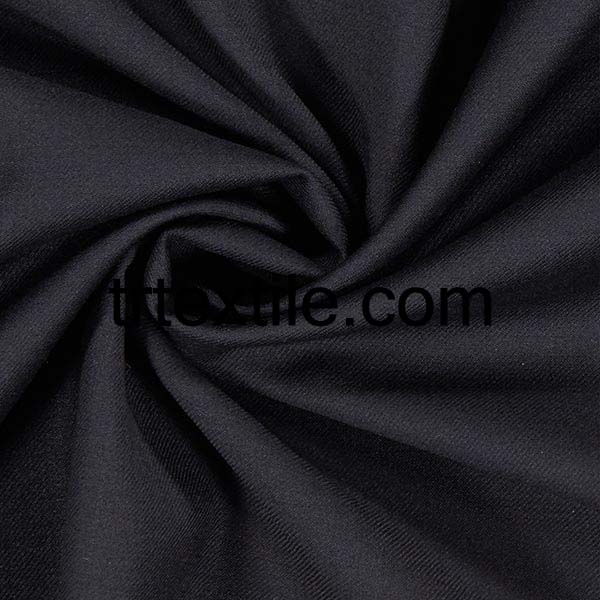Suit fabric is a crucial element in the construction of a high-quality suit. It not only affects the overall look and feel of the garment but also plays a significant role in its durability and comfort. There are many different types of suit fabrics available, each with its own unique characteristics and benefits. In this article, we will explore some of the most popular suit fabrics and discuss their advantages and disadvantages.
One of the most common suit fabrics is wool. Wool is a natural fiber that is known for its warmth, durability, and versatility. It is a popular choice for suits because it drapes well, resists wrinkles, and holds its shape over time. Wool suits are also breathable, making them comfortable to wear in a variety of climates. The quality of wool can vary depending on the type of sheep it comes from and the way it is processed. Some of the most popular types of wool for suits include merino, worsted, and tweed.
Another popular suit fabric is cotton. Cotton is a lightweight and breathable fabric that is ideal for warmer weather. Cotton suits are comfortable to wear and easy to care for, making them a popular choice for casual and summer suits. However, cotton is prone to wrinkling and may not hold its shape as well as wool. Cotton suits are also less formal than wool suits, making them better suited for more relaxed occasions.
Linen is another popular choice for summer suits. Linen is a lightweight and breathable fabric that is perfect for hot weather. Linen suits are known for their relaxed and casual look, making them ideal for beach weddings or outdoor events. However, linen is prone to wrinkling and may require frequent pressing to maintain its appearance. Linen suits are also less durable than wool or cotton suits, so they may not be the best choice for everyday wear.
Silk is a luxurious and elegant fabric that is often used for special occasion suits. Silk suits have a smooth and lustrous appearance that is perfect for formal events. Silk is a delicate fabric that requires special care, so silk suits should be dry cleaned to maintain their appearance. Silk suits are not as durable as wool or cotton suits, so they may not be the best choice for everyday wear.
Polyester is a synthetic fabric that is often blended with other fibers to create durable and wrinkle-resistant suits. Polyester suits are affordable and easy to care for, making them a popular choice for budget-conscious shoppers. However, polyester is not as breathable as natural fibers like wool or cotton, so polyester suits may not be as comfortable to wear in hot weather.
In conclusion, there are many different types of suit fabrics available, each with its own unique characteristics and benefits. When choosing a suit fabric, it is important to consider factors such as the climate, occasion, and level of formality. Whether you prefer the warmth and durability of wool, the lightweight and breathable qualities of cotton, the casual elegance of linen, the luxury of silk, or the affordability of polyester, there is a suit fabric out there to suit your needs and preferences.




